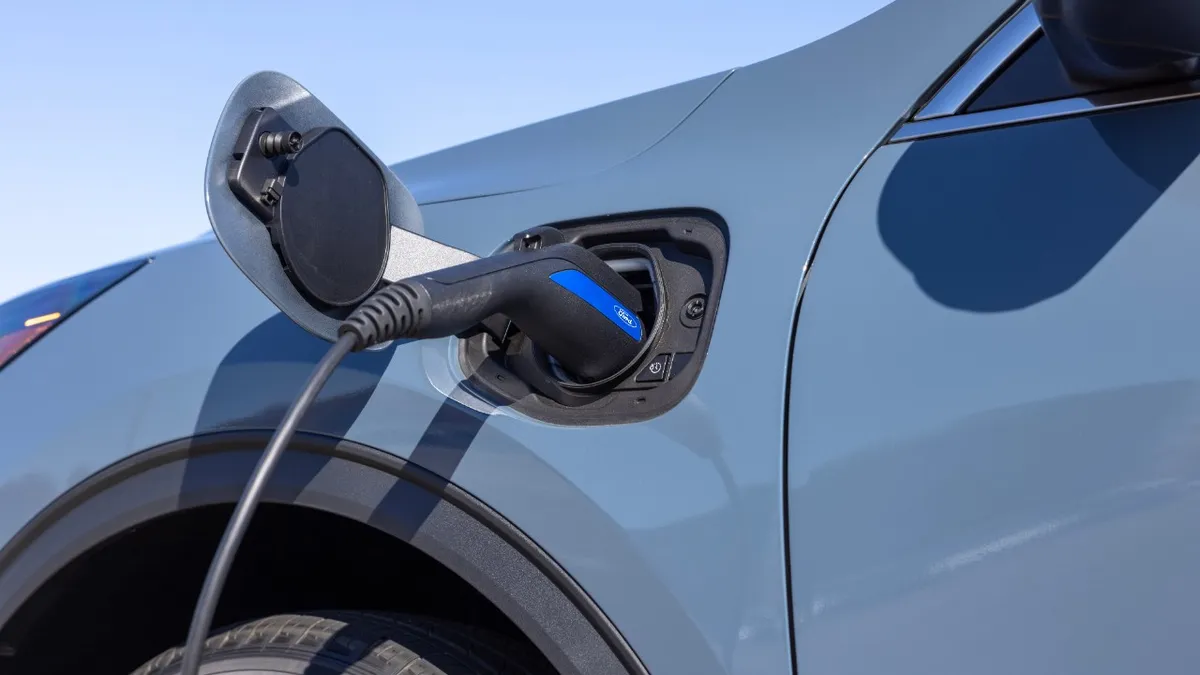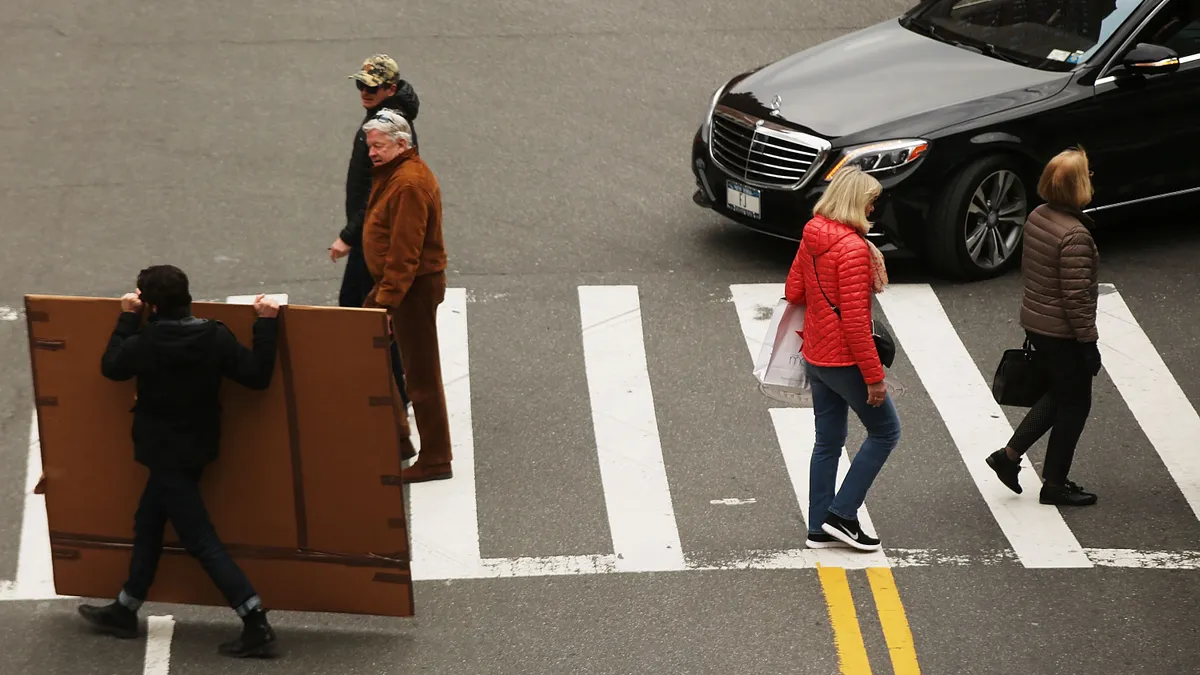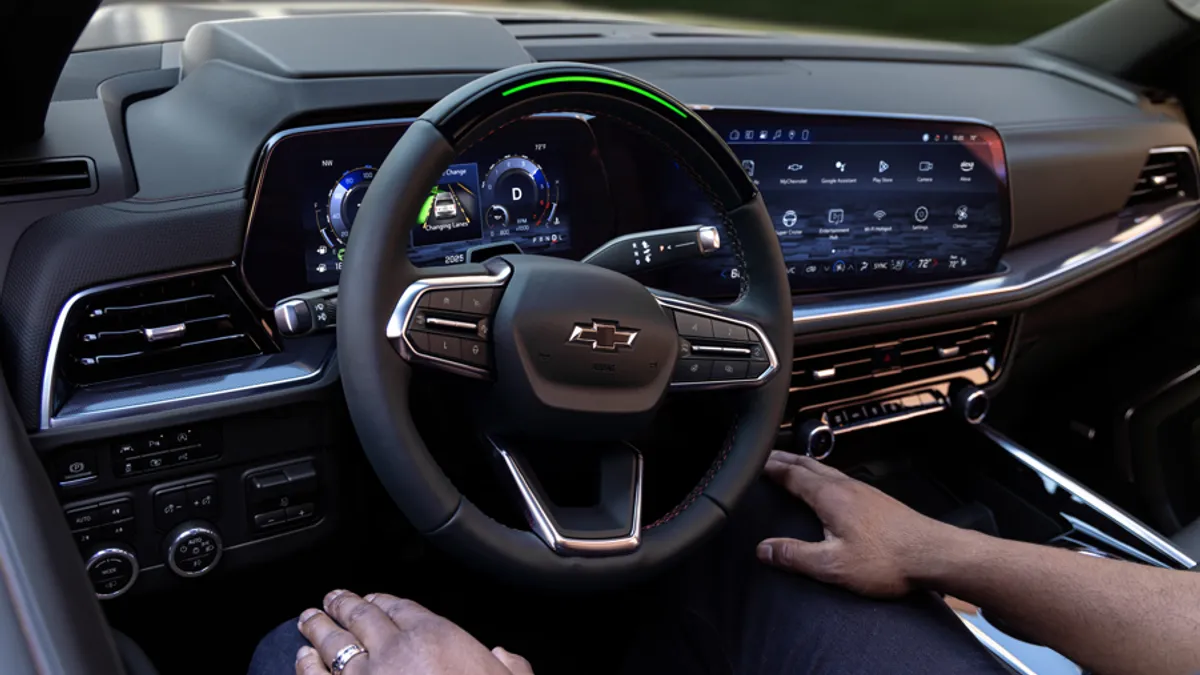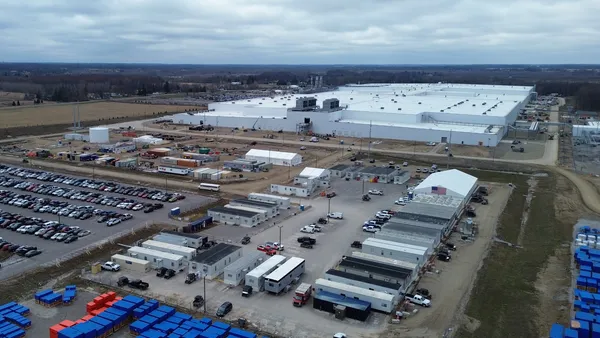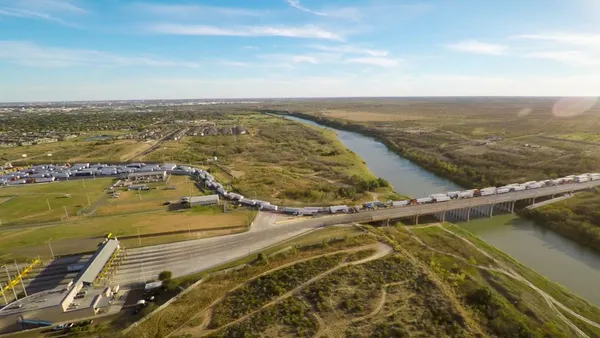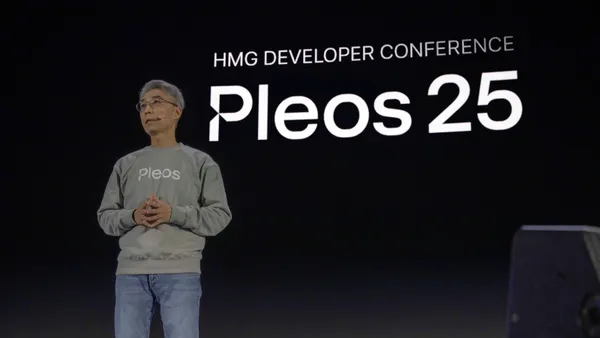Dive Brief:
- Battery supplier Samsung SDI has recalled up to 180,196 high-voltage hybrid vehicle battery packs for internal cell failures, which can lead to a loss of drive power and increased risk of fire, according to the National Highway Traffic Safety Administration.
- The suspect cells were manufactured at various points between July 1, 2020, and March 28, 2023 and were installed in battery pack modules supplied to Ford Motor Co., FCA US and Volkswagen Group’s luxury brand Audi for their plug-in hybrid vehicles.
- Each battery manufactured by Samsung SDI was tailored to specifications and requirements of the respective OEMs. Therefore, Samsung is referring to the prior battery recalls of each automaker for more detailed remedy information, including when it’s expected to be made available.
Dive Insight:
According to the NHTSA, the recalled battery packs were used in 155,096 Jeep vehicles, 20,484 Ford vehicles and 4,616 Audi vehicles. The plug-in hybrid models include the 2020-2024 Jeep Wrangler and Grand Cherokee, 2022-2023 Audi Q5 and 2022 A7, 2020-2024 Ford Escape and 2021-2024 Lincoln Corsair SUV. However, only around 1% of the vehicles are believed to have defective batteries.
Each model was previously recalled for battery issues last fall. FCA US issued its recall in September, Audi parent company Volkswagen Group in November and Ford in December. However, the three automakers are not aware of any injuries or accidents related to defective batteries.
Although the automakers’ own internal investigations and warranty claims have confirmed battery cell failures in their vehicles, their initial findings of the root cause vary.
Ford investigators determined that the high-voltage battery cell separator between the cathode and anode may be susceptible to damage as a result of a manufacturing defect, including separator damage that can cause an internal short circuit, according to the NHTSA report. Ford customers will see a “stop safely now” message displayed in the instrument cluster in the event of a battery short. However, the root cause is still under investigation by Ford.
FCA US also states that the Samsung SDI battery packs may contain cells with separator damage, but determined that other complex interactions within the cells may lead to a fire in rare cases, according to the NHTSA report.
Volkswagen, meanwhile, states that the battery cells in its hybrid vehicles may experience a thermal overload, which also could result in smoke or fire. The automaker is aware of four “thermal events” in markets outside of the U.S., according to the NHTSA.
Ford, FCA US and Volkswagen are currently working on software updates to better detect battery abnormalities and to notify drivers if a problem occurs. Ford expects its update will be available in Q2. While FCA US began notifying dealers about a pending software update shortly after its September 2024 recall.
Volkswagen’s software update is also designed to detect potential issues with the battery modules of the recalled hybrid vehicles, including alerting the driver before more serious problems may occur, according to the NHTSA. The software update should be available in the second quarter of 2025. However, the root cause of the battery failures “is still not fully understood” by Volkswagen, according to the report.
But Volkswagen says it will replace its battery pack at no cost if customers experience any battery issues with their vehicles before the software update is available. In these cases, customers will be directed to visit a dealer and instructed not to charge their vehicles from external sources or via the combustion engine until the affected modules or battery pack can be replaced.
Samsung implemented an X-ray inspection system at its facilities in November 2021 that’s designed to detect potential damage during the cell manufacturing process. But due to the complex structure of individual battery cells, potentially defective batteries may still have been installed in hybrid vehicles through August 2023, according to the NHTSA.



